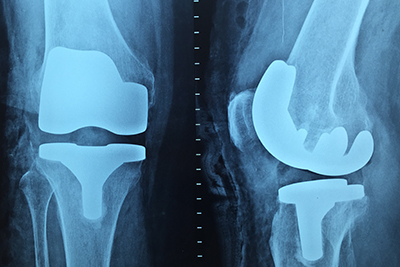News in August
- Bristol researchers part of national initiative to better identify UK flooding and drought hotspots 31 August 2024 Predicting where future fooding and droughts will strike next in the UK is set to become easier with a pioneering initiative harnessing the latest technology and real-time data.
- New study highlights expansion of drylands amidst impact of climate change 30 August 2024 Nearly half of the world’s land surface is now classified as drylands and these areas are accelerating their own proliferation, according to new research.
- Paralympic dreams: University of Bristol athletes set to shine in Paris 28 August 2024 As the world turns its attention back to Paris for the 2024 Paralympic Games, three athletes with ties to the University of Bristol are preparing to showcase their talents in badminton, boccia and triathlon.
- Pioneering research suggests nature of dark matter is more elusive than ever 28 August 2024 New results from the world’s most sensitive dark matter detector narrow down its characteristics, edging closer to unravelling one of the biggest mysteries of the Universe.
- Bristol palaeontologist awarded prestigious Royal Society medal 28 August 2024 A University of Bristol palaeontologist is among 25 medal and award winners announced by the Royal Society today [Wednesday 28 August].
- £2.6M secures ‘game changer’ equipment to advance health research 27 August 2024 GW4 researchers will benefit from the region’s first cryo-focused ion beam-scanning electron microscope. The equipment, which uses Nobel prize-winning technology capable of producing high-resolution imaging of a single protein — around 50 billion times smaller than a human cell, will allow researchers to conduct in situ structural biology with more detailed analyses of cell structures than previously been possible.
- Bristol researchers awarded share of £104 million UKRI’s flagship fellowships grant 26 August 2024 Two researchers from Bristol’s Faculty of Arts, Social Sciences and Law have been awarded a share of a £104 million UKRI’s flagship fellowships grant to help lead research into global issues including deforestation in the Amazon rainforest.
- Bristol quizzers set for University Challenge debut 26 August 2024 Four University of Bristol students will test their quizzing mettle tonight, in the first clash of their University Challenge campaign.
- World first genome wide study of which people make the best stem cell donors 23 August 2024 A world-first study to identify which genes make some people stem cell super donors has begun by NHS Blood and Transplant and University of Bristol researchers.
- Life after (feigned) death 22 August 2024 A new study led by scientists from the University of Bristol has revealed what animals do after they have feigned death in order to avoid being killed by a predator and what the context of this behaviour is.
- Peter Metelerkamp, 1954-2024 22 August 2024 Peter Metelerkamp, Associate Professor in Film and Television, passed away on 21 July at the age of 70. His friends Katie Mack, Senior Lecturer in Film and Television and Kate Withers, Film and Television Resource Manager offer a tribute.
- Royal Fort Gardens clinches prestigious Green Flag Award 22 August 2024 The University of Bristol's Royal Fort Gardens has once again been recognised for its exceptional quality, securing the coveted Green Flag Award for the ninth year in a row.
- Mobile species are ‘glue’ which connect different habitats together, study finds 21 August 2024 A groundbreaking study conducted across 30 field sites in the southwest UK has revealed the importance of incorporating varied habitats into the landscape at large.
- Pioneering study shows effective regulation and monitoring is key to tackling emissions of a super-greenhouse gas 21 August 2024 New research has revealed factories globally are not properly destroying one of the most potent greenhouse gases emitted from the production of fluoropolymers like Teflon, and refrigerants.
- Study of 18 million people finds increased mental illnesses incidence following severe COVID-19, especially in unvaccinated people 21 August 2024 A new study that examined health data on 18 million people reveals higher incidence of mental illnesses for up to a year following severe COVID-19 in unvaccinated people. Vaccination appeared to mitigate the adverse effects of COVID-19 on mental illnesses. The University of Bristol-led study, published in JAMA Psychiatry today [21 August], investigated associations of COVID-19 with mental illnesses according to time since diagnosis and vaccination status.
- University researchers help develop AI-powered drones to prevent wildfires 21 August 2024 A University of Bristol professor has joined forces with Lancashire Fire and Rescue and Windracers to test a swarm of self-coordinating drones for firefighting, as part of an effort to develop cost-effective early mitigation strategies for wildfires.
- Research shows reducing future global flooding hinges on cutting greenhouse gas emissions 21 August 2024 Pioneering research forecasts worldwide flooding is likely to be significantly worse in future decades if countries fail to meet official pledges to cut carbon emissions.
- Botanic Garden the place to bee this weekend 19 August 2024 The annual Bee and Pollination Festival will take place at the University of Bristol’s Botanic Garden in Stoke Bishop this Saturday 24 and Sunday 25 August from 10am to 5pm which also incorporates the 94th Bristol Honey Festival.
- ‘Formidable’ civil rights campaigner receives honorary doctorate 19 August 2024 A civil rights campaigner who co-founded St Pauls Carnival and played an instrumental role in the Bristol Bus Boycott has received an honorary doctorate from the University of Bristol.
- Pioneering research sheds light on how babies and young children understand the art of pretence 15 August 2024 Babies recognise pretence and around half of children can pretend themselves by 12 months, new research has found.
- ProtecT trial receives award for pioneering research demonstrating the safety of active surveillance 13 August 2024 A study to find out the best ways of treating prostate cancer has been named the 2024 recipient of the Active Surveillance Patients International (ASPI) Special Award. The ProtecT trial, led by the Universities of Bristol and Oxford, received the award for game-changing research in the development of the active surveillance approach to managing low-risk prostate cancer. Their research has proved active monitoring in patients with lower-risk prostate cancer was as safe as aggressive treatments.
- Bristol Medical School lecturer awarded prestigious teaching accolade 8 August 2024 University of Bristol lecturer Dr Jo Hartland (they/them) has been named a National Teaching Fellow (NTF), the most prestigious award for teaching in UK higher education.
- Steady flight of kestrels could see aerial safety soar 8 August 2024 A new joint study by RMIT and The University of Bristol has revealed the secrets to the remarkably steady flight of kestrels and could inform future drone designs and flight control strategies.
- Prescription painkiller misuse and addiction are widespread in chronic pain patients 8 August 2024 A new scientific review of 148 studies enrolling over 4.3 million adult chronic pain patients treated with prescription opioid painkillers has found that nearly one in ten patients experiences opioid dependence or opioid use disorder. The University of Bristol-led study, published in Addiction today [8 August], also found nearly one in three shows symptoms of dependence and opioid use disorder.
- Dental growth rings fill in life history gaps of Jurassic mammals 7 August 2024 A new study published in Science Advances reveals how early mammals grew and developed during their pivotal Jurassic radiation. Using a technique called synchrotron X-ray tomography to image growth rings in fossilised tooth roots, the researchers were able to estimate lifespans, growth rates, and even the timing of sexual maturity in these ancient creatures.
- Statement from University of Bristol on supporting our community 7 August 2024 In the last week we have all witnessed the distressing scenes unfolding in cities across the UK, including here in Bristol. We recognise that whether you are still in the city or elsewhere, these events may leave some of you feeling frightened, vulnerable, and unsafe.
- Giant prehistoric flying reptile took off using similar method to bats, study finds 7 August 2024 The pterosaur likely used all four limbs to propel itself in the air, as seen in bats today, researchers have found.
- Artists announced to deliver exciting two-year public art project for Temple Quarter Enterprise Campus 6 August 2024 A group of Bristol-based artists have been selected to lead a new participatory public art project for the University of Bristol’s new Temple Quarter Enterprise Campus (TQEC).
- ‘Proud’ graduate, 55, rethought life after bike crash 2 August 2024 A 55-year-old who returned to education after a serious bike crash made him rethink his life has graduated from the University of Bristol.
- Half a billion-year-old spiny slug reveals the origins of molluscs 2 August 2024 A team of researchers including scientists from the University of Oxford and the University of Bristol have made an astonishing discovery of a new species of mollusc that lived 500 million years ago. The new fossil, called Shishania aculeata*, reveals that the most primitive molluscs were flat, shell-less slugs covered in a protective spiny armour. The findings have been published today in the journal Science.
- Around 160,000 joint replacement surgeries lost by COVID-19 pandemic, study finds 1 August 2024 Nearly nine months of joint replacement surgery has been lost - around 160,000 fewer operations – since the start of the COVID-19 pandemic, a new study led by the University of Bristol has found. The research suggests returning to pre-pandemic levels will not tackle the backlog, and even with rapid expansion, it will take many years, if not decades, to fix this joint replacement crisis.







.jpg)
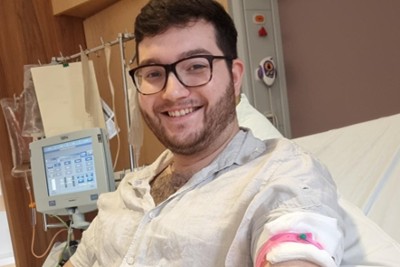
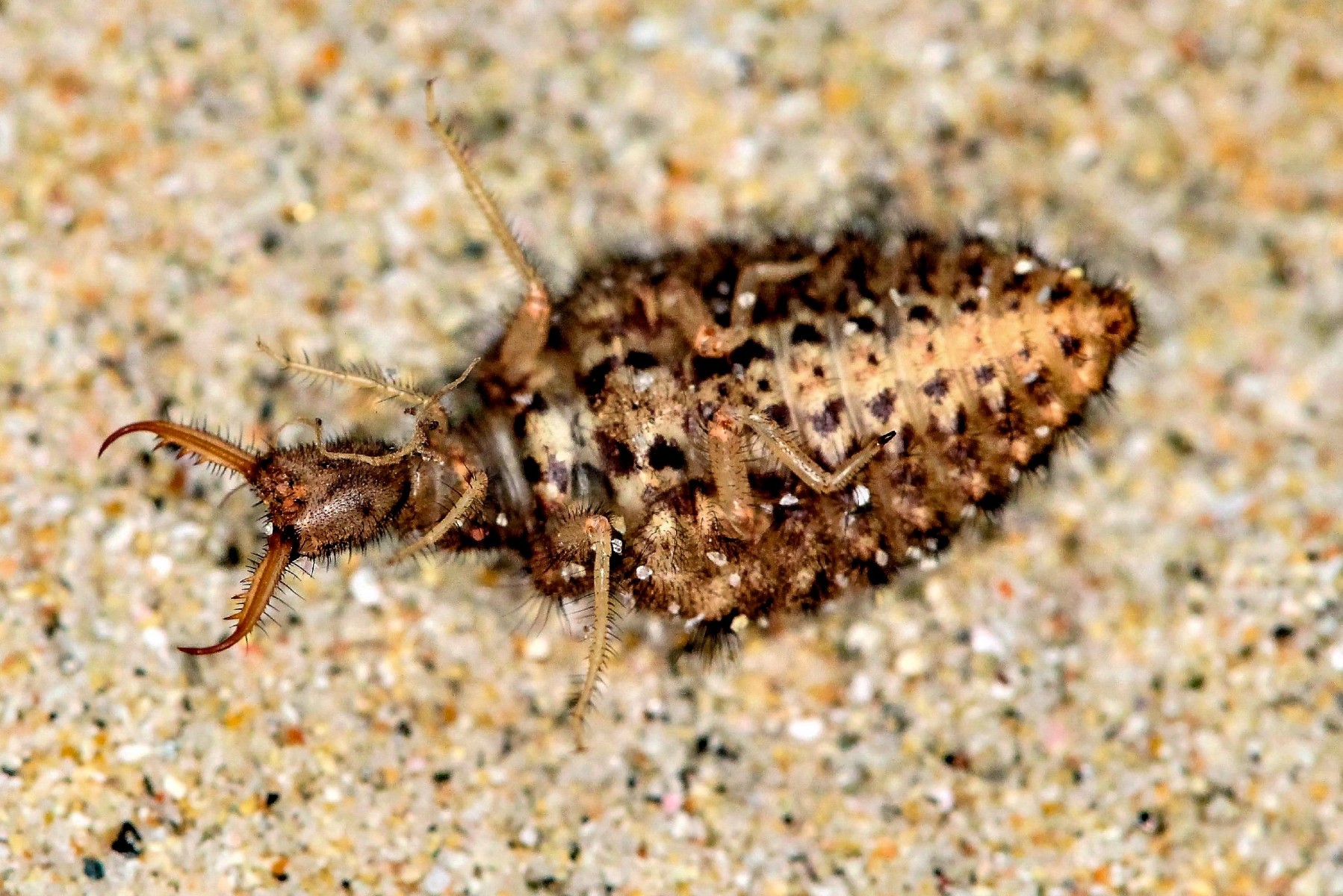


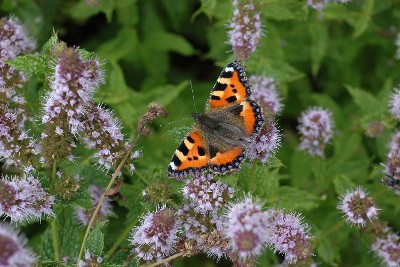
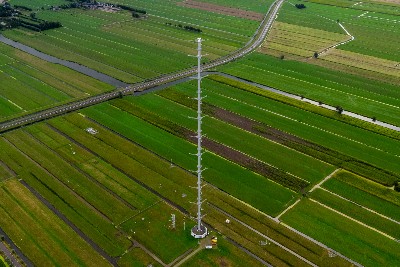
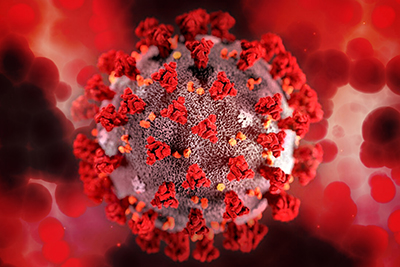
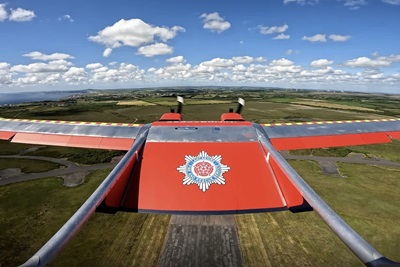

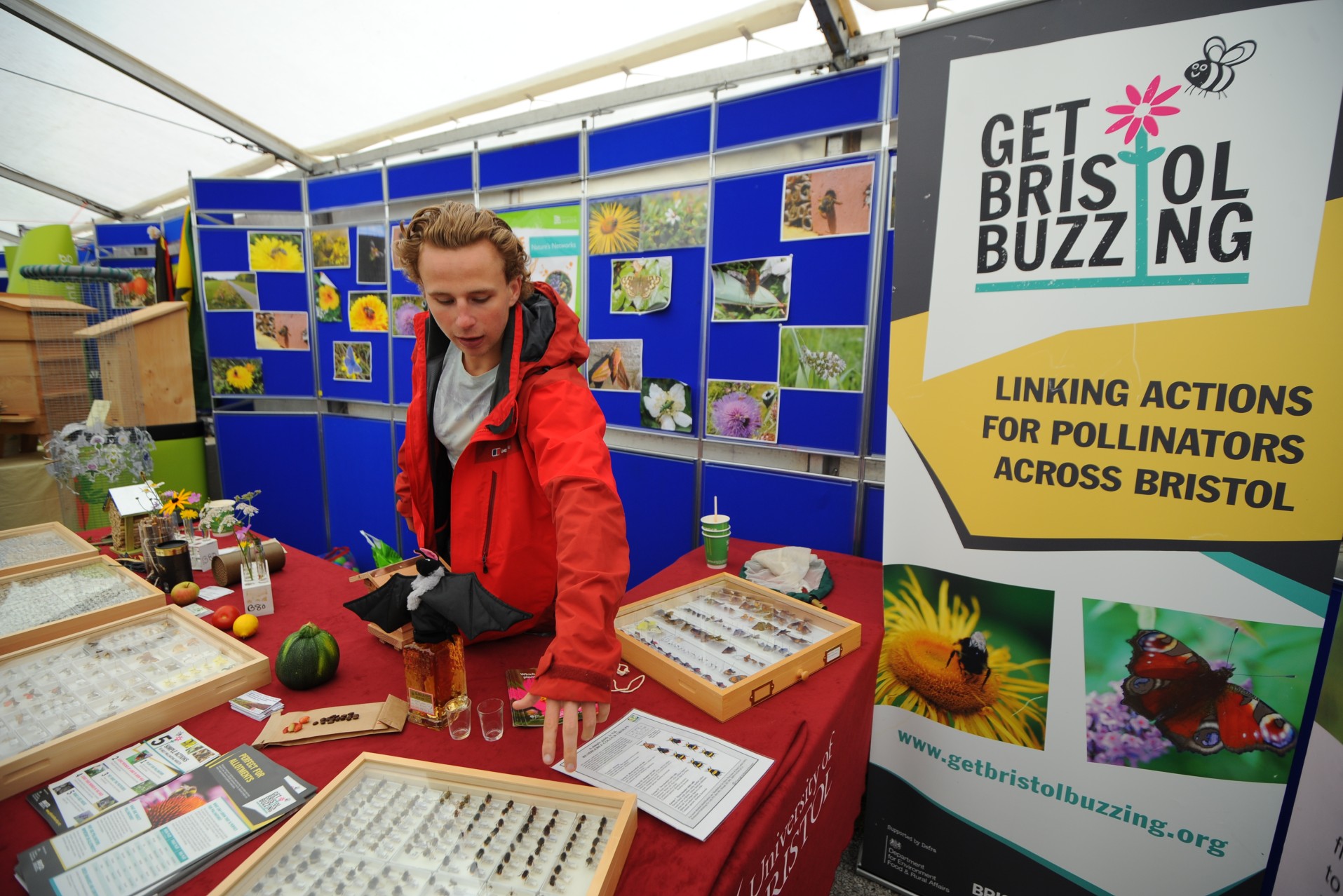
 (1).jpg)

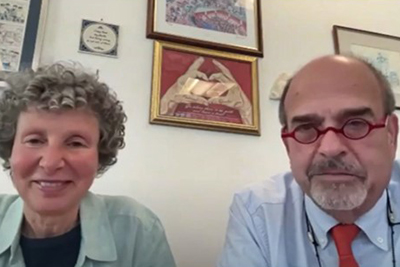

.jpg)


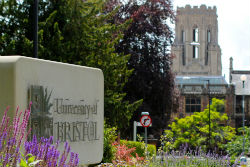

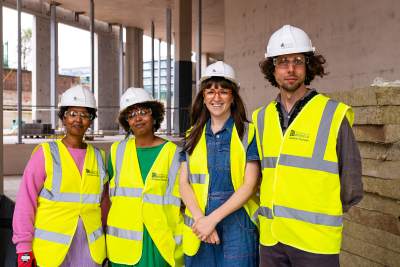
 (1).jpg)

